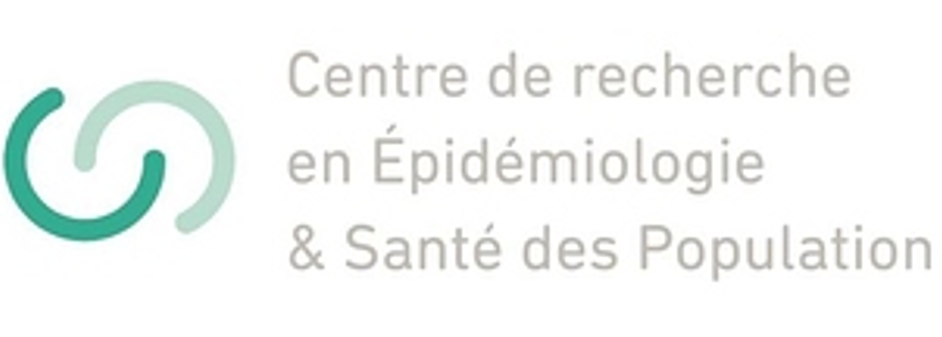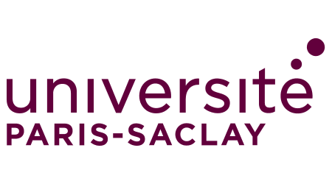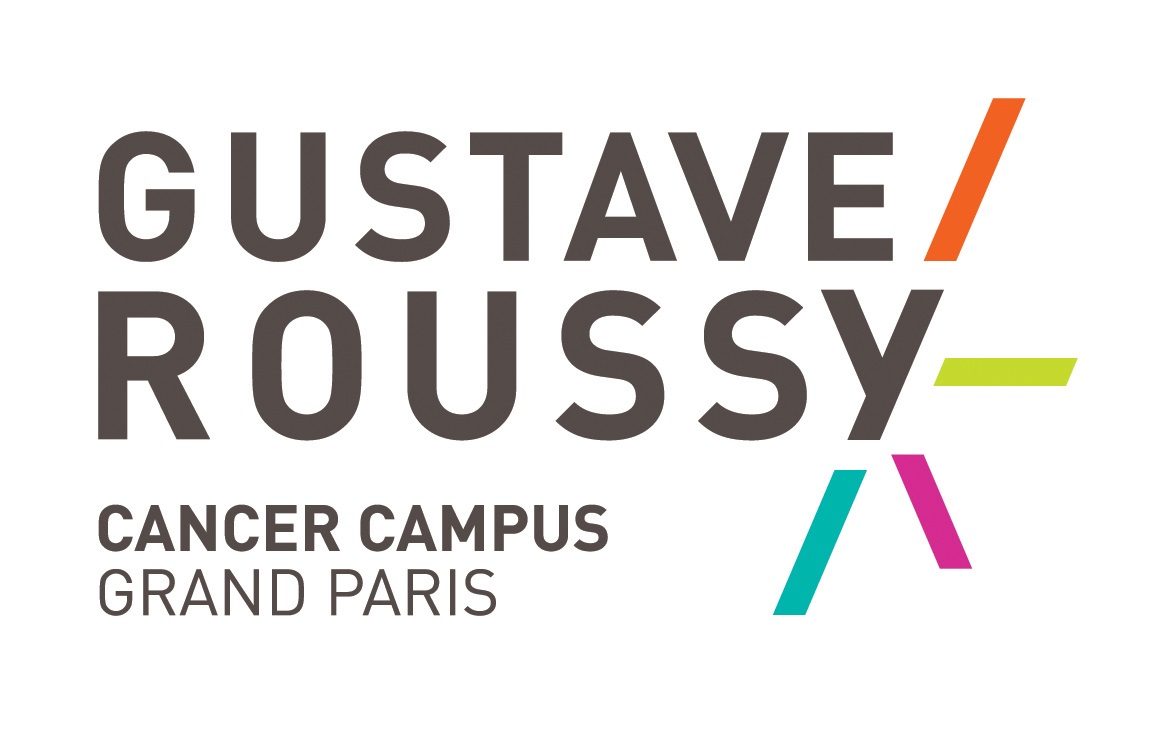Delivering adapted physical activity by videoconference to patients with fatigue under immune checkpoint inhibitors: Lessons learned from the PACTIMe-FEAS feasibility study
Résumé
INTRODUCTION: Fatigue is one of the most frequent symptoms in anti-cancer immune therapy. Physical activity has been proven effective in reducing fatigue, but unmet needs remain regarding the provision and access to adapted programmes, which efficiently addresses the main barriers to PA. METHODS: The PACTIMe-FEAS study primarily aimed at primarily to evaluate the feasibility and the acceptability of a videoconference-based 6-month programme promoting physical activity, and secondarily to assess its potential post-immediate and short-term effectiveness in reducing fatigue in cancer patients under immune therapy. Numeric self-reported questionnaires (Visual Analogue Scale-fatigue, Multidimensional Fatigue Inventory, International Physical Activity Questionnaire, Échelle de Motivation envers l'Activité Physique en contexte de Santé, Medical Outcomes Study 36-Item Short Form Health Survey, Hospital Anxiety and Depression Scale and Insomnia Severity Index) were completed by participants through an online secure platform at three time points: just before (T1), and after (T2) the programme, and 3 months later (T3). RESULTS: Sixteen participants (50% male, 50% female, mean age 54 years, 69% melanoma, 31% overweight), with moderate-to-severe fatigue, entered the internet-delivered intervention; 14 completed it, with an average completion rate of physical activity supervised sessions of 75%. Satisfaction was high, confirming a demand for group format, personalised approach, professional guidance and home-based device, to support the practice of regular physical activity. A decrease in fatigue was observed at the end of the programme. DISCUSSION: The recruitment process did prove to be challenging, with a relatively small eligible population, and will need to be reconsidered to envision a larger scale trial. But here and now, this feasibility study provides the first promising foundations to develop further research on the effectiveness of an original remote programme.
Domaines
Santé publique et épidémiologie
Fichier principal
 2023_Bardet_Ibrahimi_JTelemedTelecare_MAA.pdf (1).pdf (355.29 Ko)
Télécharger le fichier
2023_Bardet_Ibrahimi_JTelemedTelecare_MAA.pdf (1).pdf (355.29 Ko)
Télécharger le fichier
| Origine | Fichiers produits par l'(les) auteur(s) |
|---|



